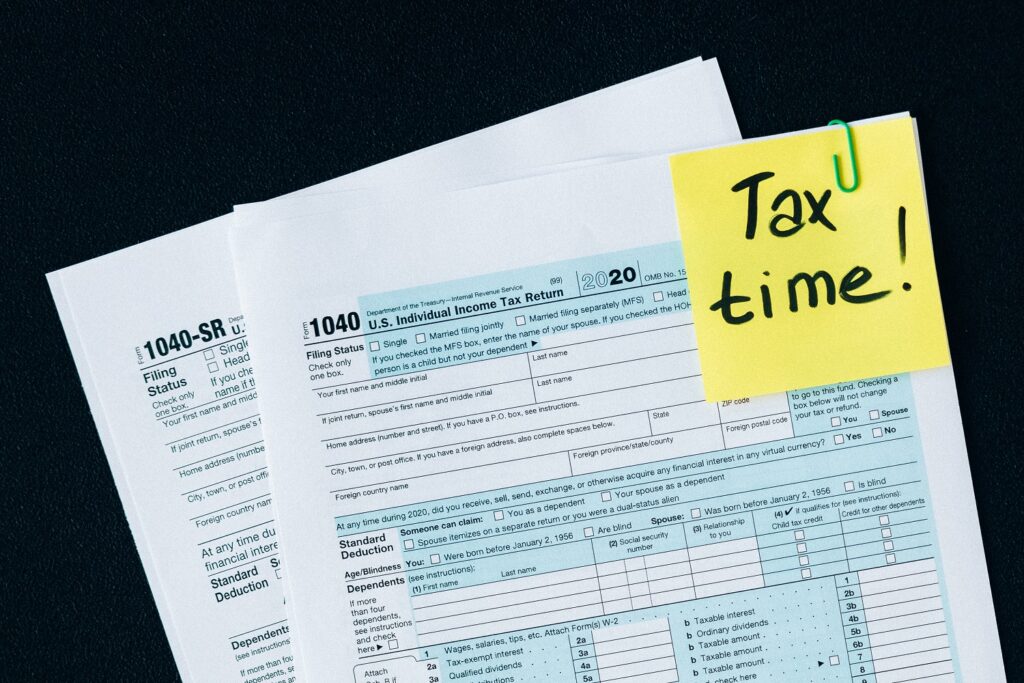Behind on your payroll taxes?
June 24, 2013Now Hiring for the 2014 Tax Season
January 29, 2014A few reasons tax professionals can recommend Backyard Bookkeeper to their clients
Occasionally we get calls from tax preparers on behalf of their clients, asking about our services. Just checking in to make sure we really know our stuff. Well, we do! Here are a few examples:

- For every client of ours who files a separate business return (corporations and partnerships), we do an annual review after the tax return has been filed, and make sure that the balance sheet on the tax return matches what we have in QB. We then double-check the reconciliation before we hand off the books the following year, to make sure nothing changed accidentally in the meantime. This saves you, the tax preparers, the hassle of figuring out why the numbers don’t match.
- When we do Quickbooks cleanups for new clients, we are careful not to make adjustments in prior years. I experienced one of these a few months ago: the tax return had already been filed. However, the QB file was a mess, particularly the accounts receivable, which was full of errors 1-3 years old. We fixed these balances, but we did it through the current year. I dated all the adjustments to 1/1/13, and we created a special “income adjustment” account. This means that next year’s tax return reports the profit/loss incurred from the adjustments. (We did this with the tax preparer’s approval, so they could avoid having to file amended returns.)
- At Backyard Bookkeeper, we are extremely good at Quickbooks cleanup. In my experience, most CPA’s don’t enjoy cleanup work, and would rather refer it to others. When we clean up a company file, the result will be easy for the client to use and understand. We make individual A/R adjustments, for example, instead of making mass adjustments. It will also satisfy the CPA’s requirements for accuracy and transparency.
- We are fanatic about reconciling. When we can get easy access to monthly/quarterly statements, we even reconcile loan accounts and mortgages.
- We never leave a balance in the Opening Balance Equity account!
- In general, we do not record any depreciation. Since for most small businesses, the method of depreciation is a tax planning issue. We are also careful to record appropriate transactions as assets. Such as office equipment or furniture purchases of more than a couple hundred dollars, vehicle purchases, rental deposits paid, or leasehold improvements.
- Many bookkeepers (and many small business owners) only ever look at their P&L. We make it a habit to review the balance sheet as well. We make sure the balance of every single item makes sense.
- We ask our clients intelligent questions, like “we can see from your recent credit card statements that you took two trips recently: one to Chicago and one to Disneyworld. Please confirm which trips were for business.”
- We advise our clients about what expenses are deductible. An $8 lunch at Wendy’s in the client’s hometown is not. For example, lawyers can’t deduct the cost of new suits.
- Our add-on payroll service, for clients who choose to use it, is Intuit Online Payroll, and we can produce easy-to-read reports and return copies on demand.
-
If the client asks us to do something we think is a little fishy, we first advise the client in writing. Then if they still give us instructions otherwise, we do the accounting in such a way that a CPA will notice and ask about it. For example, if a business owner instructs us to “expense” payments to themselves as commissions paid, then we create a separate expense account named “commissions paid to business owner.” It will show up as a separate line item on the P&L, making it easy to find.
- We communicate well with clients, and we also encourage our clients to put us in direct contact with their tax preparers, so we can facilitate getting financial documents in plenty of time to get the filings done. We are also happy to deliver up-to-date financial statements to the CPA throughout the year for tax planning purposes.
One of the first questions we ask prospective clients is whether they are current on their tax returns, and whether they already have a CPA. If not, we refer them to someone we have a good relationship with. We are always looking for new partners!
